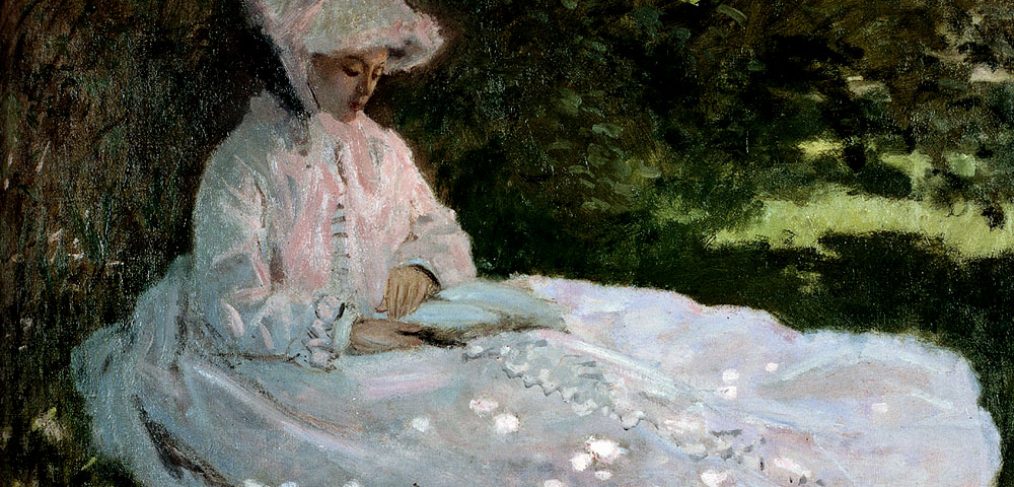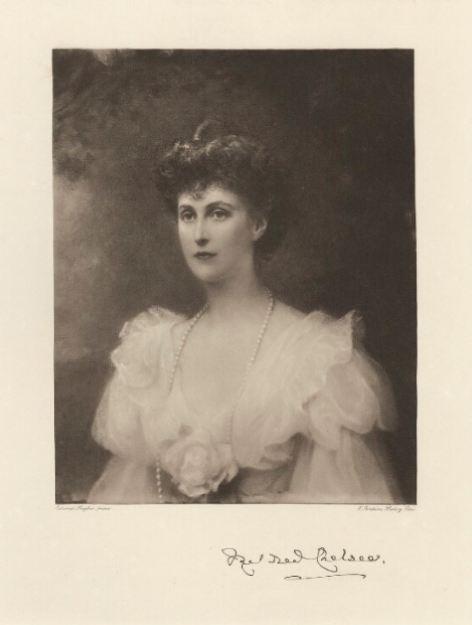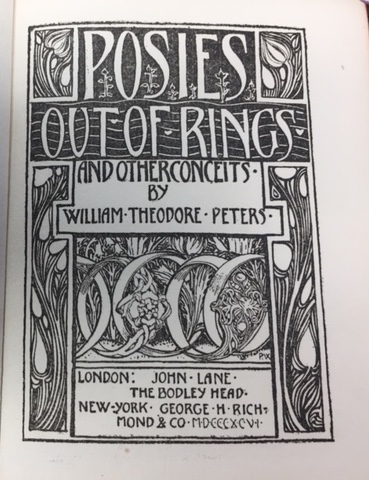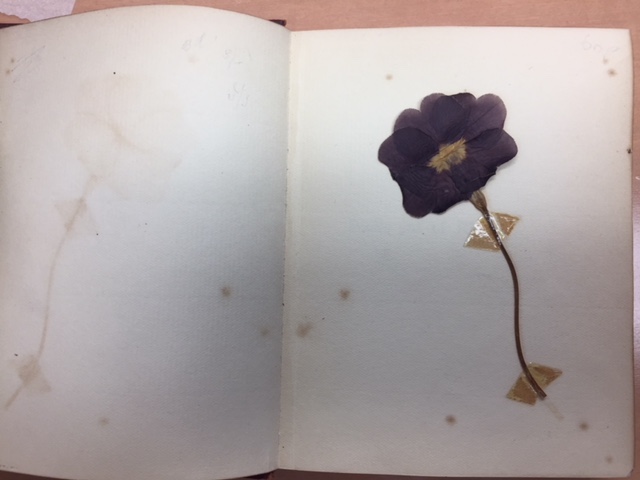Yom Kippur Morning Sermon
Temple B’nai Tikvah
September 30 2017 – Tishri 10, 5778
There’s been a bit of a drought going on around here lately, in case you haven’t noticed. We didn’t have much rainfall at all this past summer, and while the sunny days were nice, the dry conditions affected crops, and they contributed to wildfires, which affected our air quality, and the dryness caused other problems, as well.
Of course, our recent drought is far from the first drought in history. There have been many others in the past, and today I’d like to focus on one of them that happened many centuries ago, because the people who endured that drought learned some lessons that still bear value for us many centuries later.
This particular drought happened in the late first or early second century of the Common Era, and it happened in the land of Israel. It was a horrible drought, and unlike today, Ancient Israel didn’t have plentiful water reserves and hi-tech irrigation systems to get them through the dry times. They needed water to survive, and a drought like this was very perilous indeed. It was a matter of life and death.
The Jewish community proclaimed fast-days. Jewish leaders offered special prayers. Jews did everything they could to curry divine favour and bring the water they so desperately needed.
At one point, according to the Talmud, the great Rabbi Eliezer ben Hyrcanus stepped forward and began to pray. He prayed not one prayer, not two or three prayers – instead, Rabbi Eliezer offered fully twenty-four prayers to God, pleading for rain to help his community survive. And after his final prayer, Rabbi Eliezer stopped speaking, there was a moment of silence, and then…nothing happened. Everyone looked outside, and saw to their great dismay that they sky was just as blue as it had been for weeks.
Then, Rabbi Eliezer’s student, Rabbi Akiva, stood before the congregation, and said, “Avinu Malkeinu, Parent and Sovereign, ein lanu melech eleh atah, we have no Ruler but you; Avinu Malkeinu, Parent and Sovereign, rachem aleinu lema’an sh’mecha, have mercy upon us for Your sake.” (Yes, the origins of the Avinu Malkeinu prayer that we recite during these Days of Awe can be traced back to this very moment.) Immediately after Rabbi Akiva finished praying, the skies darkened, and the rain began to fall.
As soon as they realized what had happened, all the rabbis who were present began murmuring about what they had just seen. Evidently, God had been quite ready to heed Rabbi Akiva’s plea, but not Rabbi Eliezer’s. Had old Rabbi Eliezer lost his touch? Was he over the hill? Was there something about his twenty-four prayers that God didn’t like? Could it have been that God just liked the fact that Akiva was so much more concise than Rabbi Eliezer? Maybe, they wondered with horror, God actually likes the concise rabbis far more than the long-winded ones.
Fortunately, they didn’t have to wait long for a definitive answer, because soon a divine voice spoke to them from the heavens. “It is not because Akiva is any greater than Eliezer that his prayer was answered,” God said. “Instead, it’s just because Akiva is a forgiving person, and Eliezer isn’t.”
Because Akiva is forgiving. Now I’ve spoken about forgiveness from this bima before. Many of you will recall that last year I gave a sermon about forgiveness. Not all the sermons I deliver from up here hit home – far from it. But evidently there was something about that particular message that resonated with many of you. Several people came up to me in tears afterward, and shared the way it touched them. It was actively discussed at the Yom Kippur afternoon study session last year, and I’m told that it’s gotten a lot of hits on our website, too.
What was it that I said in that sermon? Well, don’t worry – I’m not going to redeliver it in its entirety today. But, in short, what I suggested was that, in Judaism, forgiveness might not be all that it’s cracked up to be. I said that, during the Days of Awe, Judaism has us focus not on forgiveness, but on atonement – not on letting people off for their misdeeds, but rather on atoning for our own. I said that Judaism takes issue with the teachings of other religions and all the modern psycho-drivel suggesting that we should forgive everyone who has ever wronged us, and I went on to say that Judaism teaches us to forgive only those people who have earned our forgiveness, that we should only forgive those who are repentant. Those who haven’t apologized, I said, don’t deserve one whit from us in the forgiveness department, and we shouldn’t forgive them until they have sincerely apologized and made right the wrongs they did to us.
Forgiveness has its place in Judaism, I argued, but that place is a far more limited one than many people today would have it occupy.
And then comes this story about Rabbi Akiva and Rabbi Eliezer, telling us that the only reason that God listened to Rabbi Akiva’s prayer was that he was forgiving, and I’m sure that right about now, many of you are wondering just what in the world is going on. Does Judaism consider forgiveness important, or doesn’t it?
Well I still stand behind every word that I shared with you in last year’s sermon – forgiveness should be reserved only for those who repent of their sins. But today I’ll confess that, although last year’s sermon was correct, it wasn’t complete; it was the truth, but it wasn’t the whole truth. Today, I’d like to remedy that by filling out more of the picture.
In order to do so, I’d like to loop back to the story of Akiva and Eliezer. The text praises Akiva for being more “forgiving” than his teacher, but, in this context, I wonder what that word – forgiving – really means. Reflecting upon it, I think that the word as the rabbis used it in this Talmudic story could mean a few things, and that looking at the possibilities can help us complete our picture of forgiveness in Judaism.
One possibility is that, when the Talmud tells us that Akiva was more forgiving, it meant to say that he was more tolerant of people’s foibles than Eliezer was. Maybe Eliezer was the kind of guy who just didn’t have any time or patience for people when they fell short, while Akiva was more easygoing. Maybe Eliezer corrected people’s grammar all the time, while Akiva didn’t seem to mind if you said “irregardless,” or “me and” or “sherbert.”
Akiva’s wife was named Rachel – maybe Akiva didn’t make a big deal about it when Rachel ran a little late, or got grouchy, or overcooked the chicken. Eliezer’s wife was named Ima Shalom – Peace Mamma. Maybe he was the kind of guy who did make a big deal the things that Akiva let slide. Maybe to him, punctuality, good cheer, and well-cooked chicken were important, and for Ima Shalom to demonstrate anything less was simply unacceptable.
And maybe Akiva’s tolerance, and Eliezer’s lack of tolerance, went even deeper. Maybe, as Akiva interacted with people, he sometimes found real moral or ethical shortcomings in them, but still made room for those flawed people in his life. Maybe he had friends who were unfaithful to their spouses, or maybe he saw people cheating in business, or maybe he even felt the personal sting of gossip, and still was able to find in his life room for the people who did those things. I can’t imagine that Akiva would have ever sanctioned such behaviour. To the contrary – he must have railed against it wherever he saw it. But maybe, even as he told these people that what they were doing was wrong, Akiva was still able to stay connected with them.
When the text says that Akiva was forgiving, in other words, maybe what it meant to say was not that he forgave anything people did wrong, but rather that he acknowledged that nobody is perfect, that that he was able to see the good in people even when they weren’t being all they could be.
Well just like the people in Akiva’s life, you’re not perfect either – none of us is. (We’ve reminded you of that often during the past few hours, haven’t we?) But even though you’re flawed, you still have enormous worth as a human being. You know this about yourself, I hope, but do you remember that this is true of other people, as well? Even the people you love most will disappoint you sometimes. Your friends, the members of your family, the people you like at work. Every one of them has a tendency to fall short from time to time. Can you love them, anyway? Is your heart big enough to make room for all of those imperfect people who populate your world? I certainly hope so.
Again, I’m not saying that we should forgive everyone for everything they do wrong. No, last year’s sermon still holds – we love best when we hold the people we love up to the highest moral and ethical standards we can. But even if you haven’t forgiven them, can you still make room for these flawed people in your life? And even more to the point, can you still make room for them in your heart? Sometimes, of course, the answer will be no, because sometimes people do things that are so horrible that we need to cut them off. But if the answer is always no – if every flaw in everyone we encounter merits a total cutoff, you’re going to end up being one very lonely person. Do you have the strength, do you have the generosity of spirit, to make room in your life for other people even though they’re not perfect? For their sake, and for yours, I certainly hope so.
So maybe, in telling us that Akiva was forgiving, the Talmud was trying to teach us an important lesson about human frailty and imperfection. But maybe it was trying to say something else either in addition to that or instead of it. Maybe it really was trying to tell us something about forgiveness.
As I said, Judaism insists that we forgive only the repentant sinner. That means that if somebody harms us, and they want us to forgive them, they have to go through a process we call teshuvah to earn that forgiveness. And teshuvah is far from an easy process to undergo. It demands that the wrongdoer admit what he or she did wrong, change their behaviour, apologize, compensate the victims, and maintain their changes over the long haul. In other words, if you’ve done something wrong, you have to own up, change up, ‘fess up, pay up, and keep it up. It’s difficult work, because it involves changing yourself, and making yourself vulnerable, and working hard for a long, long time to be better.
And I’ll remind you, that if you’re the victim of someone else’s wrongdoing, you don’t need to forgive the person who harmed you unless that person is going through that teshuvah process. At the same time, the flipside is also true – and this is something that I didn’t emphasize last year. If the person who wronged you is undergoing teshuvah – if he or she really is remorseful and is committed to changing and righting the wrong that he or she has done, then Jewish law tells us that you have to forgive that person, even if you don’t want to. You don’t necessarily need to be friends with him anymore, but you need to forgive him…like you forgive a debt.
Maybe that’s what Akiva did. Maybe the text was trying to tell us that when someone wronged him, and then genuinely apologized and tried to make things right, Akiva was willing to forgive that person. That guy who backed up into his car, and left a note with his phone number on it, and paid for the damages, and apologized and improved his driving? Maybe Akiva forgave that guy, and that’s why they called him forgiving. Or maybe it was because he forgave Rachel, who used to be so snappy at him when he got home in the evenings, and who finally realized what she was doing, figured out how to hold things in check, and apologized. Maybe it was because he forgave her, too. Maybe, when people who wronged Akiva did their teshuvah, Akiva was the kind of guy who let them off the hook.
No, we shouldn’t forgive anyone unless they repent, but when they do repent, then we need to forgive them even if we don’t want to. In fact, Judaism teaches that if you remain adamant in your refusal to forgive a repentant sinner, then not only does God clear them of their sin, but God also adds their misdeed onto your account. Refusal to forgive a sin when the person who committed it is repentant, in other words, means that you get to own whatever it was that they did wrong.
People can hurt us so deeply sometimes. And often they don’t own up and do what they need to do in order to fix it. But sometimes they do, and when they do their teshuvah – when they’ve truly righted the wrong they committed – then the obligation to forgive falls upon the shoulders of the victim. And when that happens, sometimes we won’t want to forgive, because we still hurt, but they’ve done their work, and we should forgive them anyway.
Knowing that we’ve been wronged can actually be of comfort sometimes – it helps us remember that we’re OK morally, and that the perpetrators were the bad guys. Having to forgive those very same people can be hard, because it means letting go of our feeling that they still owe us.
You were wronged. The other person comes to you sincerely apologetic, changed, begging your forgiveness. Can you find it within yourself to tell them that you forgive them? I certainly hope so.
There’s a third possibility as to what the Talmud meant when it said that Akiva was forgiving, too. Maybe the Talmud was simply trying to say that Akiva didn’t bear grudges very often. People did wrong by Akiva, for all of us fall victim to the misdeeds of others sometimes. But maybe Akiva was the kind of guy who did what he could to put these things behind him.
The Torah tells us specifically, “Lo tikom v’lo titor. Do not take vengeance or bear a grudge.” (Lev. 19:18) What’s the difference between taking vengeance and bearing a grudge? The rabbis explained it often in the ancient literature. If you ask your neighbour to borrow his axe, and he says no, and then later he asks you to borrow your shovel, then if you were to respond to him saying “You wouldn’t let me borrow your axe, so I’m not going to let you borrow my shovel,” that’s taking vengeance. On the other hand, if you respond to him saying “You wouldn’t let me borrow your axe, but I’m much better than you, so unlike you, I’m going to be generous and let you borrow my shovel,” that’s bearing a grudge.
When somebody wrongs you, the question is this: Are you going to let their misdeed continue to define who you are, or are you going to put your memories of what they did to you into a place where they don’t control you, where they don’t define you? Maybe by calling Akiva forgiving, what the Talmud really meant to say is that Akiva didn’t let his memory of being wronged continue to weigh upon him. Maybe the Talmud was attesting to Akiva’s ability to avoid letting past misfortunes determine his behaviour.
It all comes down to this. As much as you might want the people around you to be perfect, they never will be. They all have faults; they all have foibles. They may be really good, but they, like you, are striving for a perfection that nobody can ever fully achieve. It’s fair to expect them to grow; but can you love them along the way, even when they still have improvements to make? It’s important never to forgive them until they repent, but can you actually go ahead and give them that forgiveness when they do? It’s normal to feel hurt when they let you down, but do you want that hurt to continue to define you? Can you, like Akiva, approach these complexities of life with a spirit of forgiveness, settling for nothing less than full repentance, while striving for love and connection even without it?
Akiva made room in his life for people even though they were imperfect; he forgave people when they earned it; he remembered his pain, but didn’t let it define him. His model was a model that we all should strive to make real today.
It’s been dry out there, my friends. We thirst for love, we long for connection with others. Maybe if we can be forgiving like Akiva was, then when such thirst plagues us, our prayers too, will be answered with love and true human connection.
Ken yehi ratzon. So may this be God’s will.
Shanah Tovah.









